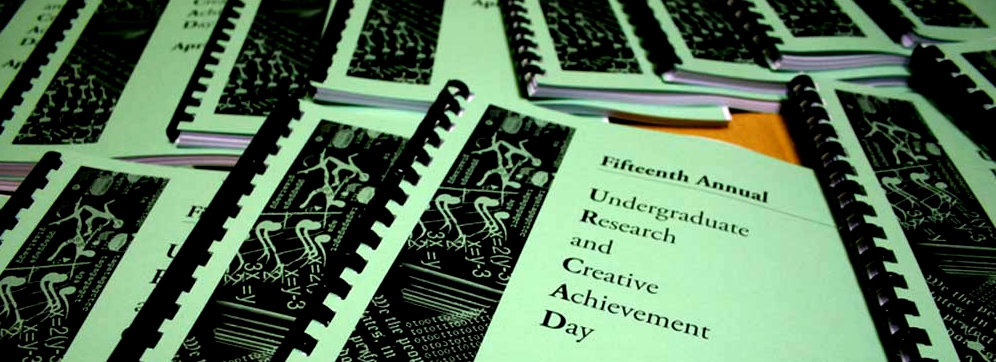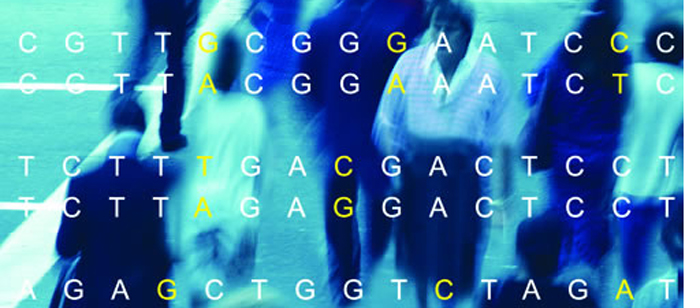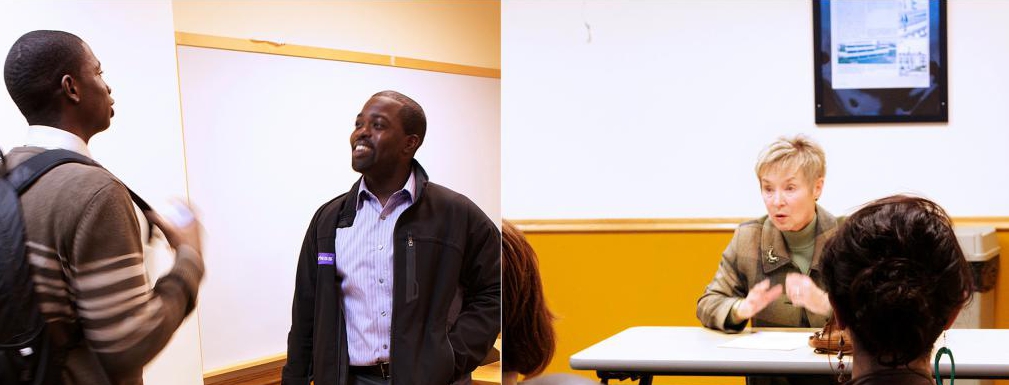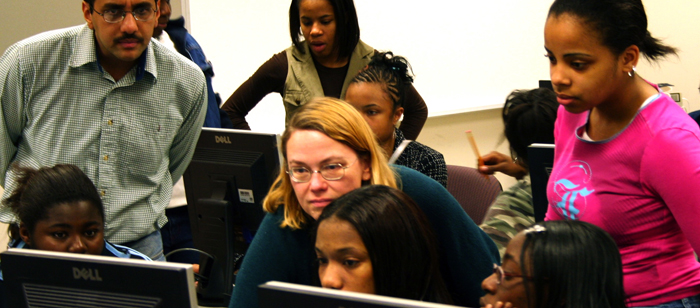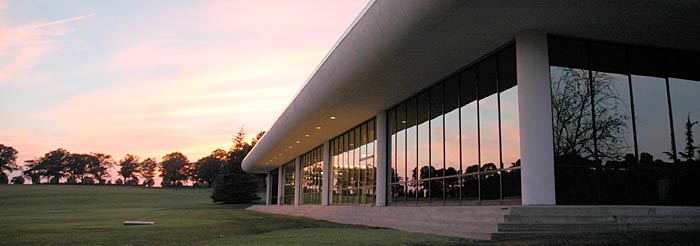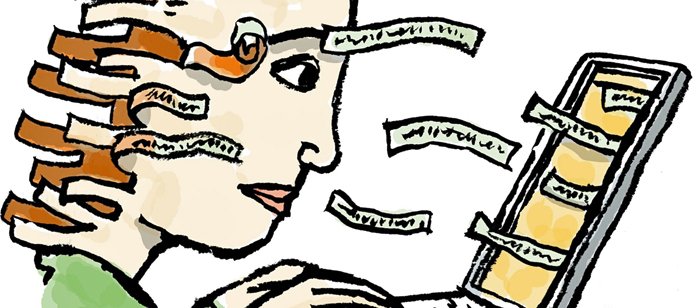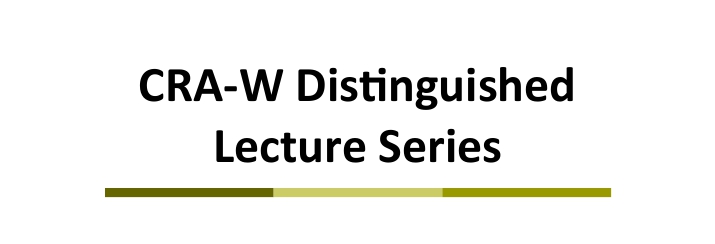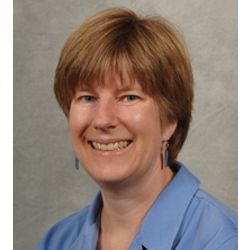Congratulations to our Computer Science and Electrical Engineering undergraduate students who have recently been selected as Undergraduate Research Award (URA) Scholars. The URA provides undergraduates with up to $1,500 to fund their original research projects. The work is done in conjunction with a faculty mentor, and is then presented at UMBC's Undergraduate Research and Creative Achievement Day (URCAD) in April. This year, these students and their faculty advisors will be recognized at URCAD on Wednesday, April 25 at noon in the University Center, Room 312.
David Eisen
Computer Engineering, Senior
Faculty Advisor: Fow-Sen Choa
David’s research focuses on the study of cultured neuron inhibition and excitation via optical stimuli from mid-IR (MIR) quantum cascade lasers (QCL).
“It was very exciting news to hear my URA proposal was accepted. This is my first research experience and proposal, so I believe this award will give me the confidence to pursue other opportunities in the future. The URA will give me a hands-on learning experience in the field of photonics research by working alongside Professor Choa as well as graduate students. Not only does this look good on a resume, but it gives me a chance to really get a taste for what real world challenges and rewards await after graduation.”
Julian Field
Computer Engineering, Junior
Faculty Advisor: Tinoosh Mohsenin
Julian will be doing research in UMBC's Energy Efficient and High Performance Computing Lab. His task will be the development and mapping of a many-core processor for the purpose of performing ultrasound imaging applications. Many cores on the processor will improve performance and reduce the running time of the processes. The processor will be designed using the Verilog hardware description language (HDL) and will be implemented by programming the design into a Field-Programmable Gate Array (FPGA). Using an FPGA not only reduces the cost of the design, but it also speeds up implementation.
"I felt very honored to receive the award, and I believe that it is going to help me in several ways. It allows me to get paid for doing research in a field that fascinates me and in which I hope to work in the future. Besides the obvious financial benefit, the award adds weight to my research when I list it on my resume, and this should be of great value when I apply to graduate school and for Computer Engineering jobs and internships in the future."
Thomas A Hervey
Information Systems/ Geography, Sophomore
Aneep Bindra
Computer Science, Sophomore
Zachary Hullihen
Computer Science, Junior
Faculty Advisor: Marc Olano
"Lights, Camera, Motion, Action: The Dance Application of Microsoft's Kinect and Intelligent Stage Lighting."
"Receiving this award has given me a stronger incentive to work my hardest and apply myself beyond [the] academic realm. This award will be beneficial because it will provide necessary funds for unusual but necessary research tools. I look forward to strengthening my presentation skills at URCAD next year as well as refining my organizational skills through planned documentation and procedures during the actual experimentation. The award overall certainly creates a sense of confidence within the research community. I find it likely that students that are not active in research will hear about the award and benefits through their friends' experiences, and current URA scholars will continue research through new projects." -Thomas A. Hervey
Alex Morrow
Computer Science, Sophomore
Faculty Advisor: Marie desJardins
"Quantitative Evaluation of Dimension Reduction for Visualization and Analysis."
Alex’s research branches off of his current research on visualization and analysis techniques to facilitate user understanding of the uncertainty associated with statistical models that have been learned from data. Alex will analyze and evaluate dimension reduction methods. Using a set of quantitative metrics compiled by his research advisors Dr. Marie desJardins and Dr. Penny Rheingans, Alex will compare the performance of several dimension reduction techniques in a number of different application domains.
Adam Page
Computer Engineering / Math
Faculty Advisor: Dr. Tinoosh Mohsenin
Adam’s research involves designing an energy efficient and high performance error correction Low Density Parity Check Decoder circuit for IEEE 802.11ad standard, the next generation of Wireless Local Arena Network (WLAN). The design will include an efficient architecture for the decoder using Verilog coding and VLSI implementation.
“I am both honored and excited to receive this award. I know the URA will give me the opportunity to apply knowledge I have gained from all of my courses into a real world application.”
Don’t forget to meet our URA scholars at URCAD next Wednesday, April 25 at noon in the University Center, Room 312.
